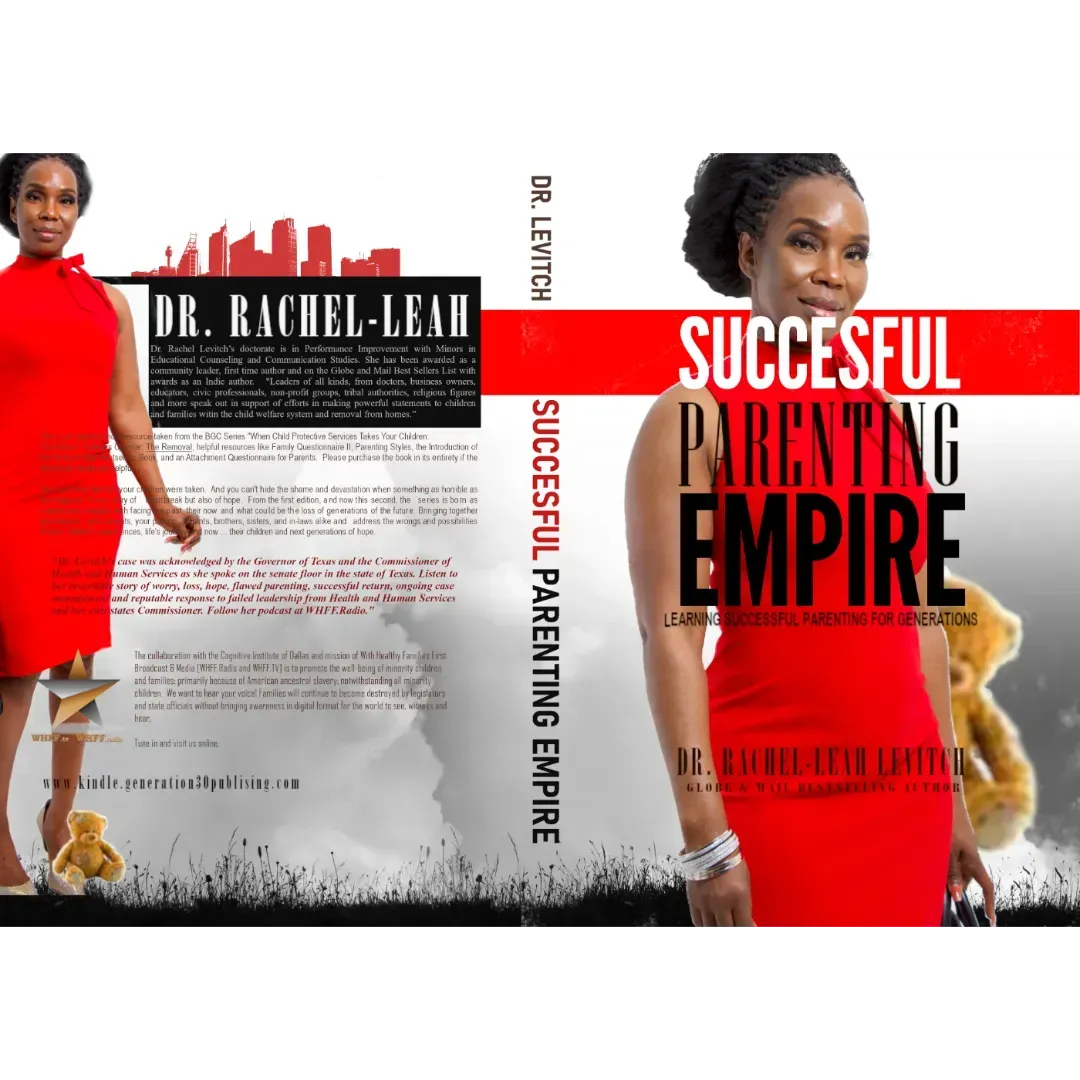
. Yet, someway, they think that taking absent Section 230 would magically lead to more removals of “terrible” content. That’s the opposite of true. Eliminate 230 and things like removing hateful information, Placing in place spam filters, and stopping medical and election misinfo becomes a bigger challenge, since it will cost much more to protect (Even though you’d earn on First Modification grounds years later).
If the book is actually a hardback its route through the bindery will involve more points of exercise than if it is a paperback. Unsewn binding has become increasingly common. The signatures of the book can also be held together by "Smyth sewing" using needles, "McCain sewing", using drilled holes generally used in schoolbook binding, or "notch binding", where gashes about an inch long are created at intervals through the fold within the spine of each signature.
is absolutely vital. And handling both at scale needs some sort of algorithms. Indeed, some private curation is great, but it doesn't scale very well, and the internet is all about scale.
Algorithms aren’t merely a necessary part of making the internet usable today. They’re a key part of increasing our activities.
Printed sheets about the other hand could conveniently be moved. Now, thanks to increasing computerization of preparing a book for the printer, the typesetting part of The task has flowed upstream, where it's done both by separately contracting companies working with the publisher, through the publishers themselves, or perhaps because of the authors. Mergers from the book manufacturing industry mean that it is now strange to find a bindery which isn't also involved in book printing (and vice versa).
Get worried, but don’t fret a great deal that you become numb to reality—or positive outcomes. Because it stands, Regardless of the assaults from 230, it continues to be intact. Rejoice that reality even while you approach for just a future without it.
You continue to get full 230 protections even if you’re fully certain it’s bad. For example: None of All those cases would have succeeded under the First Amendment, yet again since the companies experienced no real knowledge with the underlying issues, and thus could not be held liable.

Poet and playwright William Shakespeare is greatly thought to be the greatest writer while in the English language and among the world's greatest dramatists.[5][6][7] His plays have been translated into every primary dwelling language and they are performed more frequently than These of any other playwright.
It is an age of exuberance and scandal, of enormous energy and inventiveness and outrage, that mirrored an era when English, Welsh, Scottish, and Irish people found themselves during the midst of an growing economy, lowering limitations to education, as well as the beginnings with the Industrial Revolution.
[one hundred thirty] His influence on Victorian literature was nearly universal; in 1855, Eliot wrote that "there is hardly a superior or Lively mind of this generation that hasn't been modified by Carlyle's writings;" with the effect that if his books "were all burnt since the grandest of Suttees on his funeral pile, It could be only like cutting down an oak after its acorns have sown a forest."[131]
Existing publisher liability already literally does this, without violating the First Modification, to some extent. Publishers are free not to publish Nazis and many others. I’m not expressing it’s simply ported over, but neither are they inherently linked in the click here hip.
The centennial of Robert Owens, a composer who worked abroad and assimilated into German culture, is being celebrated with a festival in Nebraska.
The early internet was both great and a large number. It had been great because any one could create anything and connect with any one. But it absolutely was a large number due to the fact that came with a lot of garbage and slop. There were tries to arrange that information and ensure it is beneficial.
The transformational affect of artificial intelligence to the financial sector and central financial institutions Synthetic intelligence in finance: Introduction Artificial intelligence along with the financial sector: Transformations, challenges, and regulatory responses AI’s effect on finance: Reshaping information and its effects Corporate finance and governance with artificial intelligence: Old and new Artificial intelligence in finance: Conversations